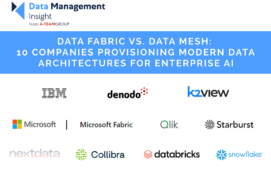Banks are increasingly integrating stress testing into their risk management and business planning processes, although most still find deploying stress testing best practices throughout all their businesses very challenging, according to a survey conducted by Moody’s Analytics, a leader in enterprise risk management solutions.
Published today, Moody’s Analytics’ “2011 Banking Industry Survey on Stress Testing” provides an overview of current best practices and remaining challenges in the European banking industry. The survey was conducted in the second quarter of 2011 and included more than 40 in-depth, one-on-one interviews with senior practitioners with risk and finance functions at banks of all sizes in Europe.
Although stress testing has grown in importance, the survey reveals that many banks are struggling to go beyond just meeting the regulatory requirements and fully leverage stress testing for business purposes. In fact, only a small percentage of the respondents were able to leverage stress testing to actively drive management actions.
“Financial institutions who have integrated stress testing are more confident in their decision process, and find it easier to comply with regulations and to be more transparent with the market – a great advantage in an environment characterised by lack of confidence,” says Christian Thun, senior director, Moody’s Analytics.
“For many banks, execution challenges seem to lie in the lack of process automation, granular data management, and scenario-impact modelling skills,” Thun adds.
The report reveals that the lack of integration at both system and function levels – for example, between finance and risk – often hinders the formation and implementation of bank-wide stress testing. The survey concludes that by investing in efficient processes and systems, banks can turn what is still often perceived as a painful exercise into a highly effective tool for business planning and risk management.
To view the survey and for more information, please visit moodysanalytics.com/stresstest.
Subscribe to our newsletter




